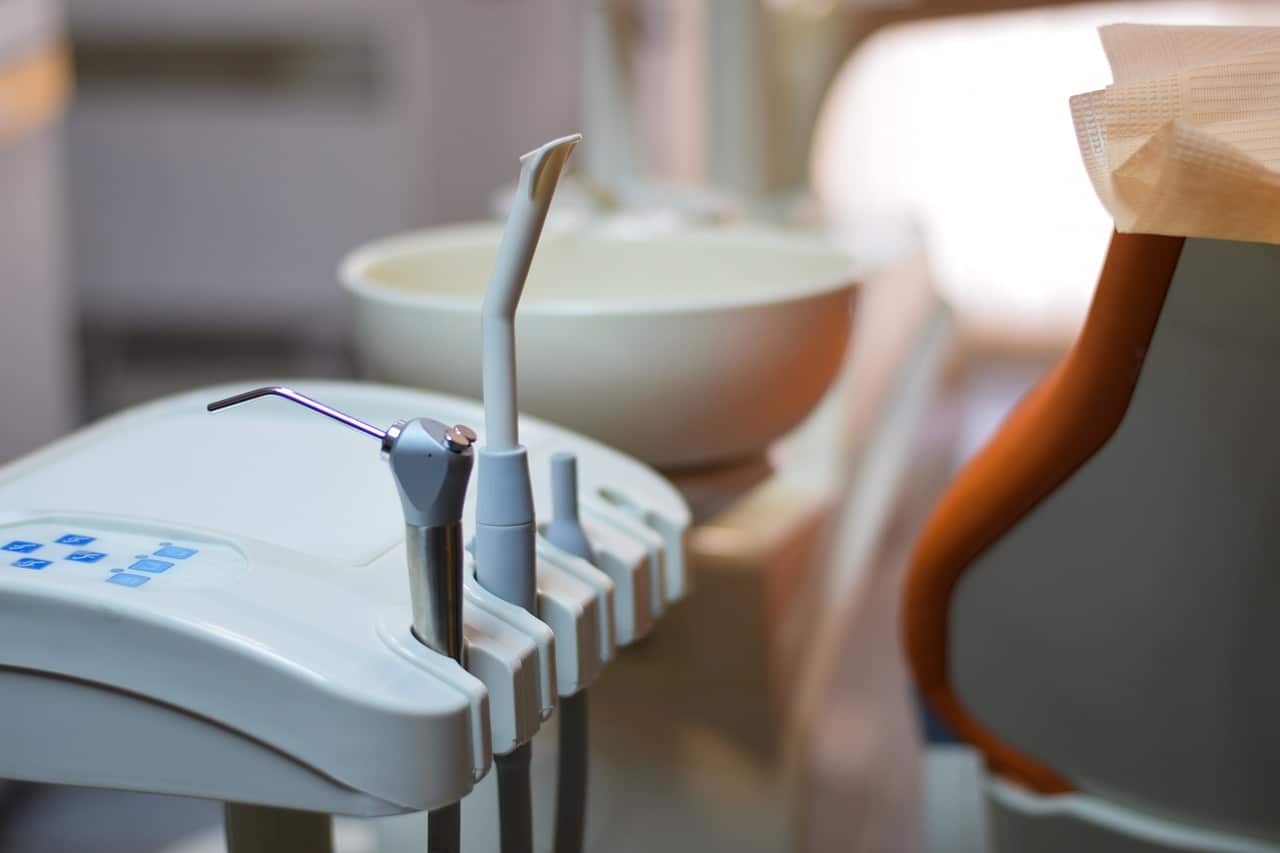A team of Japanese researchers from multiple scientific centres is working on the development of a tooth-regrowth drug. Laboratory tests on mice and ferrets have been successful, and scientists aim to test the drug on humans this summer. Initially, it will be administered to children aged 2-6 years. Subsequently, the researchers aim to examine the drug’s effects on older patients. The Japanese team believes that there’s a significant chance for the drug to be approved for therapy before the year 2030. However, Polish experts warn that expectations surrounding the drug need to be tempered, noting that while the topic has been under discussion for some time, it’s still only a theory and it’s far from revolutionizing the field.
The team of scientists, led by Dr Katsu Takahashi, Head of the Department of Dentistry and Oral Surgery at Kitano Institute of Medical Research Hospital, has been researching this tooth regeneration drug for many years. However, the global media only picked up on the topic when the Institute in Kitano announced that human clinical trials would commence in July 2024. Dr Takahashi, leading a team comprising researchers from ten medical institutes and the Japanese Agency for Medical Research and Development, believes the drug could be commercially available by 2030.
The first group to receive the drug will be children aged 2-6 years who suffer from anodontia, a total or partial lack of tooth buds. This group choice is strategic, as patients of this age typically have active tooth eruption and significant regenerative abilities. Moreover, children provide a “clean slate” for medics as they have not been exposed to environmental factors and hormones that can impact tooth development. Subsequently, scientists aim to test the drug in older patients who’ve lost teeth due to accidents or illness.
Clinical trials in mice were concluded in 2018, with the test subjects growing new teeth after receiving the drug. A similar effect was observed in ferrets, who have both milk and permanent teeth. However, specialists emphasise that the tooth regrowth therapy’s effectiveness might increase if researchers develop a method for local administration of the agent. The best option would be a drug containing neutralising antibodies that block the action of the USAG-1 protein, which might pave the way for “regrowth”. Still, issues such as bone loss associated with tooth loss and the enlargement of this deficit over time remain.
Researchers are unsure whether the emerging tooth bud will result in “bone regrowth”. Furthermore, Polish experts express certain reservations about the clinical trial outcome, citing concerns about the study’s impact on older patients, whose hormone profiles differ significantly from younger individuals.
They warn that the process will require solid clinical evidence and many more years of research and is unlikely to be completed by 2030. Scientists argue it’s too early to make definitive conclusions, despite the fact that the tooth-regrowth idea is not entirely new; nature provides examples of creatures like sharks, which regenerate their teeth throughout their entire lives.
However, they underline that the implications of interventions that affect human physiology are complex and still largely unknown. Safety, effectiveness, side-effects, and the possible high cost of such therapy remain substantial obstacles to its widespread use. Even in the most optimistic scenario, such a groundbreaking drug would not become immediately available in every medical facility.
Dentists would need extensive training before being able to administer it. It is also stressed that dental care procedures would not change even if tooth regeneration became possible: good oral hygiene and regular dentist visits would still be crucial. The possible introduction of a third set of teeth, alongside dentures and implants, is recognized as a fascinating futuristic vision. Still, experts caution that its realization is a long way off, and the expected ‘revolution’ in dentistry is not quite around the corner yet.
